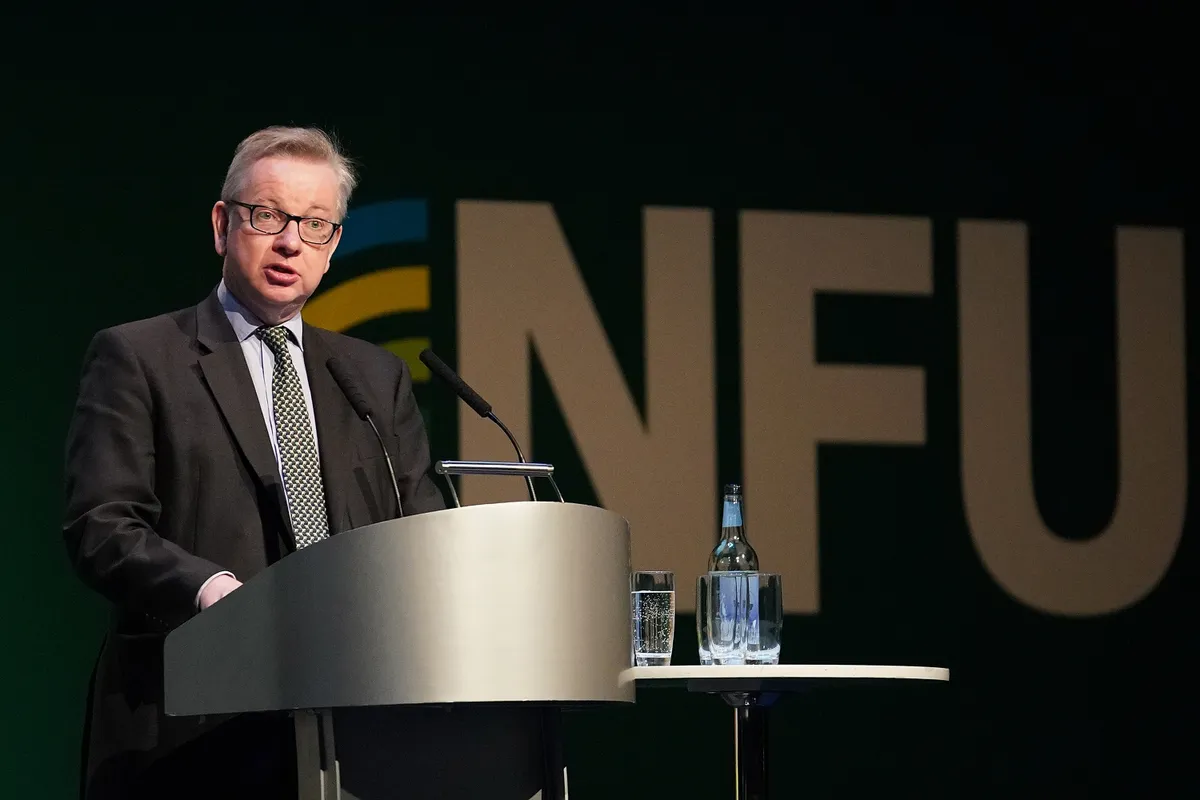The UK’s four major farming unions have written to the Chancellor of the Exchequer to re-iterate their warning that a no-deal Brexit will increase food prices and damage the industry.
In a letter sent by the NFU, NFU Scotland, NFU Cymru and the Ulster Farmers’ Union, the unions said ‘to leave the EU without a deal in place would be catastrophic for UK farming.’
The NFU President Minette Batters said that a no-deal Brexit ‘would be disastrous, not only for our farmers but for the public too, who rely on our ability to provide them with a sustainable, safe and affordable supply of high quality, British food.’

Goods from the EU are currently tariff-free, but in the case of a no-deal Brexit, World Trade Organization taxes remain the default position. The British Retail Consortium (BRC) had previously warned that the introduction of MFN WTO tariffs would mean the price of cheddar cheese could increase by up to 32%, beef by 29% and tomatoes by 9-18%.
As for exports, the NFU says export tariffs could be imposed on the 60% of UK food, feed and drink that go to the EU, increasing export tariffs to an average of 27% on chicken, 46% on lamb, 65% on beef, and range from £149 to £1,295 per tonne in pork.
According to Global Food Security, a UK cross-government programme, the UK supplies 52% of the food consumed in the UK. The leading foreign suppliers of food consumed in the UK were countries from the EU (29% of the food consumed in the UK) and Africa, Asia, North and South America (all providing a 4% share). Two countries account for 69% of UK imports of fresh vegetables. Three countries accounted for 54% of un-milled wheat imports, and four countries account for 44% of UK imports of fresh fruit. In the spring, 90% of lettuce, 80% of tomatoes and 70% of soft fruits come from, or arrive via, Europe.
Michael Gove, the Secretary of State for the Environment, has said that the government could both raise import tariffs to protect UK farmers and simultaneously lower them to ensure consumers are not faced with steep price rises.
‘I think it’s vitally important that we have a system of tariffs that both allows us to maintain as far as possible price stability, but also to protect vulnerable areas of production,’ said Gove. We can set tariffs at a level that we believe is appropriate…to protect the consumer.’
On 19 March, the government announced that in the event of a no-deal Brexit, tariffs would be cut to zero on 87% of imports to the UK as part of a temporary no-deal plan but that prices of some imports would go up.
Tariffs currently in place by virtue of EU membership on almost all agricultural products deemed to be sensitive by the UK will be slashed, including those on beef, poultry meat, cheddar, butter, sugar and pork from outside the EU.
Ms Batters described these as ‘worrying and large reductions in the tariff rates currently charged on non-EU imports.’
The farming unions’ letter to the Chancellor added: ‘Without the maintenance of tariff protections we would be in danger of opening up the UK to imported food which would be illegal to be produced here, produced at a lower cost because it may fail to meet the environmental and animal welfare standards which are legally required of our own farmers.’
Around 53% of farmers are thought to have voted to leave the EU in the 2016 referendum.

